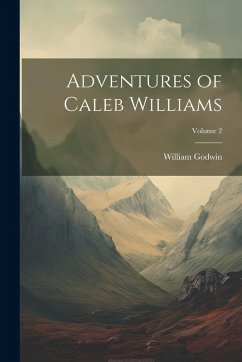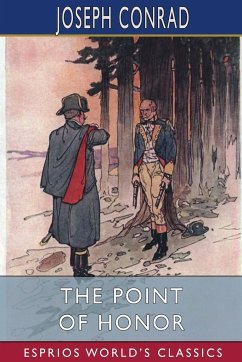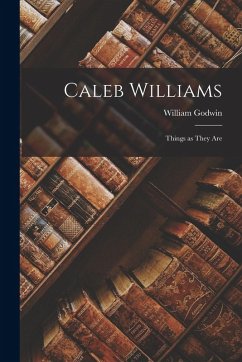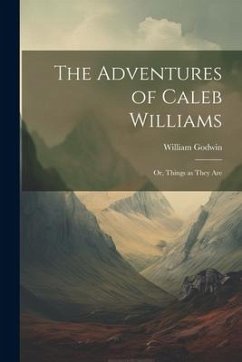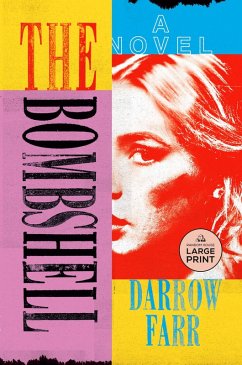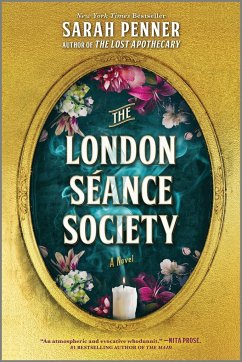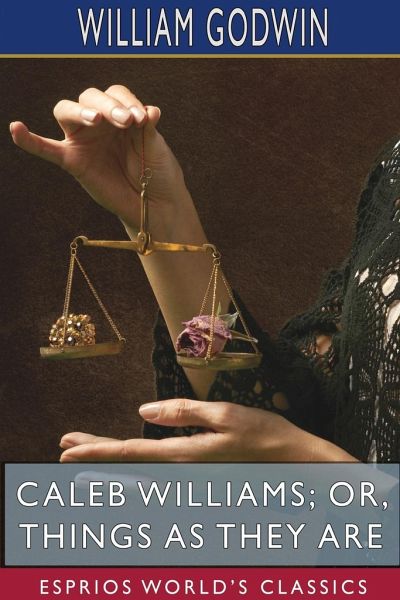
Caleb Williams; or, Things as They Are (Esprios Classics)
Versandkostenfrei!
Versandfertig in 1-2 Wochen
29,99 €
inkl. MwSt.
Weitere Ausgaben:

PAYBACK Punkte
15 °P sammeln!
Things as They Are; or The Adventures of Caleb Williams (often abbreviated to Caleb Williams) (1794) by William Godwin is a three-volume novel written as a call to end the abuse of power by what Godwin saw as a tyrannical government. Intended as a popularisation of the ideas presented in his 1793 treatise Political Justice Godwin uses Caleb Williams to show how legal and other institutions can and do destroy individuals, even when the people the justice system touches are innocent of any crime. This reality, in Godwin's mind, was therefore a description of "things as they are." The original ma...
Things as They Are; or The Adventures of Caleb Williams (often abbreviated to Caleb Williams) (1794) by William Godwin is a three-volume novel written as a call to end the abuse of power by what Godwin saw as a tyrannical government. Intended as a popularisation of the ideas presented in his 1793 treatise Political Justice Godwin uses Caleb Williams to show how legal and other institutions can and do destroy individuals, even when the people the justice system touches are innocent of any crime. This reality, in Godwin's mind, was therefore a description of "things as they are." The original manuscript included a preface that was removed from publication, because its content alarmed booksellers of the time.





